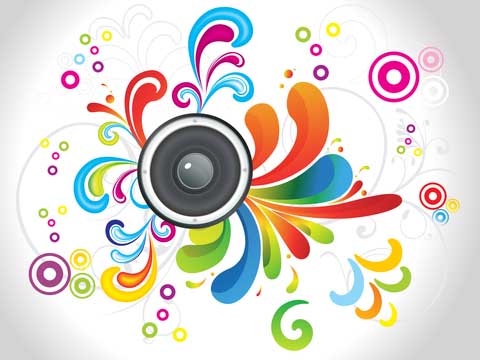I honestly don't understand why too many people think Basque language is doing good. It's not. Sure, the language has seen revival efforts but its still a severely endangered language overall (especially in France). Even in Spain, its a minority language (vulnerable in Spain, severely endangered in France, overall combined, definitely endangered). Even after revival efforts, there is no surge in increase at all. The Basque language was suppressed by the Spanish and French government together and although, it has seen a resurgence of interest in recent years, the growth in the number of speakers has not guaranteed that the social use of the language will increase in the same proportion, and the quantitative and qualitative differences between the territories where Basque is used, a cross-border language that depends on three different governments, have not only not been reduced but, in some respects, seem to be accentuated.Although previous editions of the Sociolinguistic Survey provided some encouraging data, Basque continues to lose its weight in the French Basque Country. If in 1996 it was estimated that 26.4% of people over 16 years of age who at that time resided in the three provinces of Iparralde, Lapurdi, Baja Navarra and Zuberoa, spoke Basque, by 2021 that percentage had fallen to 20%, establishing the number of Basque speakers in the Northern Basque Country at 51,500. There has been a decrease in the number of speakers, but the decrease in their proportional weight has been even greater because of the increase in the population of a territory that approaches 320,000 inhabitants in recent years. Next, not only does Basque have relatively fewer fluent speakers but majority of them are passive speakers. According to the census, there are 750,000 speakers of the language, with 434,000 passive speakers and 6000 monoglots. The rest have some knowledge of the language but majority of them are passive speakers. Passive speakers are speakers have no interest in the language despite learning so much of it. In fact, the seventh edition of the Survey once again shows that where the use of the Basque language is increasing the most is in the most populated and a priori less Basque speaking areas. On the contrary, the most pronounced decline has occurred in areas with a Basque speaking majority, in towns and regions that are considered the ‘lungs’ of Basque. And this is not to be taken lightly since the decline is almost ten points. Experts attribute this to a sum of factors more social than linguistic: mobility; the progressive urbanization of the rural environment; the increase in the population of foreign origin, common to all territories and all sociolinguistic areas. As you can see, the basque language isn't doing as good as it is expected, something that many people don't realize. Anyway, that's my rant.




